Propane has become a preferred energy source due to its efficiency, versatility, and environmentally friendly nature. However, with this convenience come questions, particularly about propane delivery. For homeowners considering propane as an energy source, questions about propane delivery are common. When it comes to costs and logistics, understanding how propane delivery works can help make informed decisions about energy management. Let’s discuss some common queries that homeowners have regarding propane delivery services.
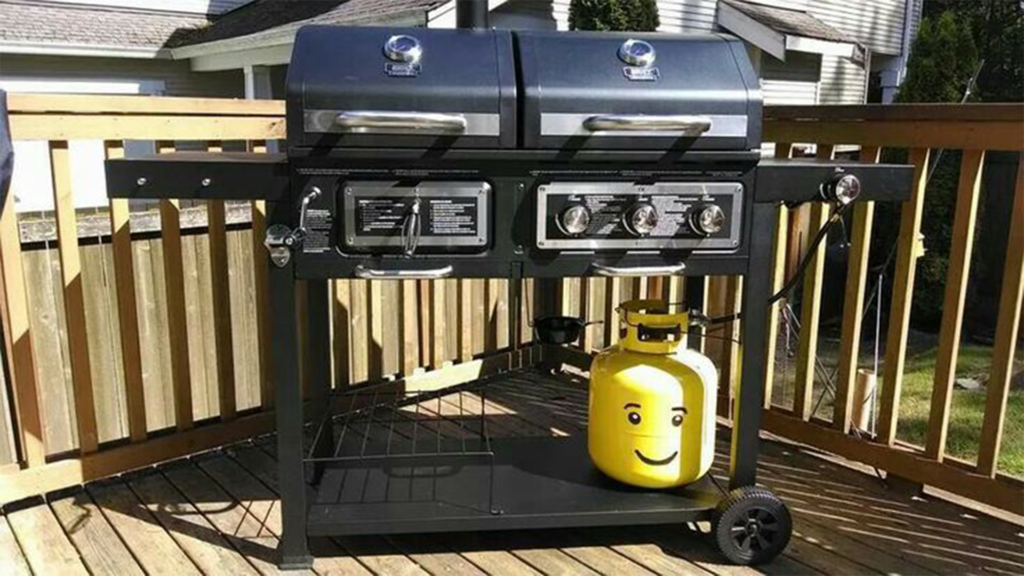
- How much does propane delivery cost?
The cost of propane delivery can vary based on several factors. Delivery fees are mostly influenced by the distance from the supplier, the amount of propane required, and additional services needed. Some companies offer fixed pricing plans and seasonal discounts. Others charge based on the current rates in the market.
You should always compare quotes from different propane suppliers to clearly understand the costs involved in the process. Additionally, don’t forget to ask about any possible extra charges to avoid surprises on your bill. These charges could be quicker deliveries or tank rental fees.
- Can propane cylinders be refilled?
Yes, propane cylinders are refillable. Many people use portable propane cylinders in their day to day activities for grilling, heating, and powering other appliances. These cylinders can be refilled at refill stations or through propane delivery services.
You should make sure to follow safety guidelines while handling and transporting cylinders filled with propane. Always inspect cylinders for damage before you opt to refill them. Also, ensure that they are compatible with the propane delivery system you’re using.
- Is propane home delivery a better option than pickup?
Your decision to opt for delivery or pickup depends on factors like preference, convenience, and cost. Home delivery is more convenient as the propane is brought right to your doorstep. This way, you don’t have to worry about visiting refill places to transport heavy cylinders.
Moreover, propane delivery services often perform maintenance checks and tank monitoring to ensure a continuous propane supply. However, pickup options may be more cost-effective for those who have easy access to refill stations and prefer a hands-on approach to managing their propane supply.
- How does propane home delivery work?
Propane home delivery has a straightforward process. Once you’ve connected yourself with a propane supplier, you can schedule deliveries based on your usage and preferences. The supplier will keep a check on your propane levels and automatically schedule deliveries to ensure you never run out.
During the delivery, your propane tank will be filled to the appropriate level, safety checks will be conducted, and any maintenance concerns will be addressed. Some companies provide remote monitoring systems to track your propane usage and schedule deliveries online or through mobile apps.
- Can I rely on propane delivery if my propane supply runs out?
Propane delivery services are designed to provide quick refills to prevent your supply from ending. Many companies offer automatic delivery programs that use remote monitoring technology to track your propane levels and schedule deliveries simultaneously.
However, if you do run out of propane unexpectedly, most propane delivery companies also offer emergency delivery services. These services prioritize customers with urgent propane needs, ensuring that you can quickly get a refill and avoid disruptions to your home’s energy supply.
Conclusion
In conclusion, propane delivery services offer convenience and peace of mind for homeowners and businesses using propane as an energy source. By understanding the costs, refill options, and delivery process, homeowners can make proper decisions to meet their energy needs effectively.

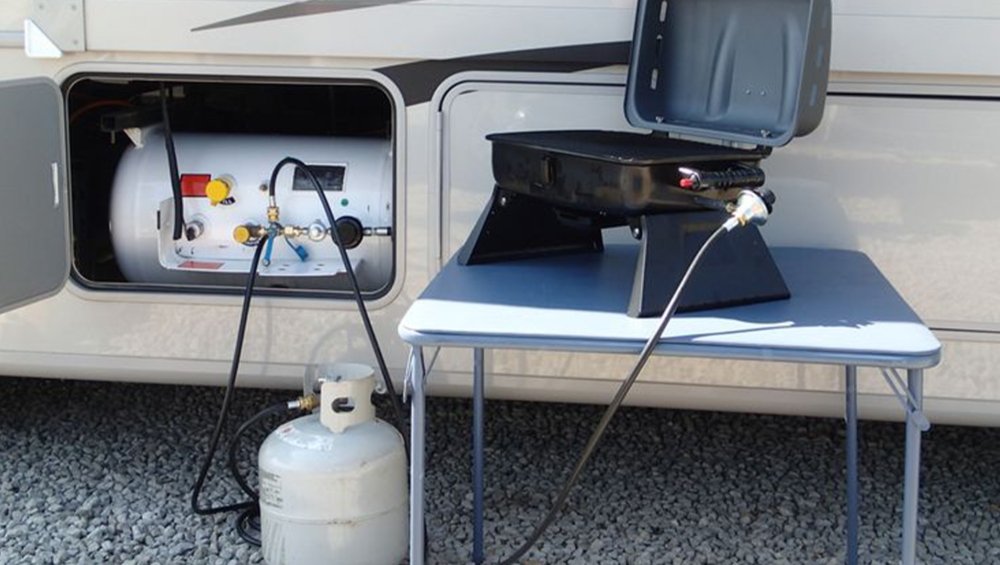
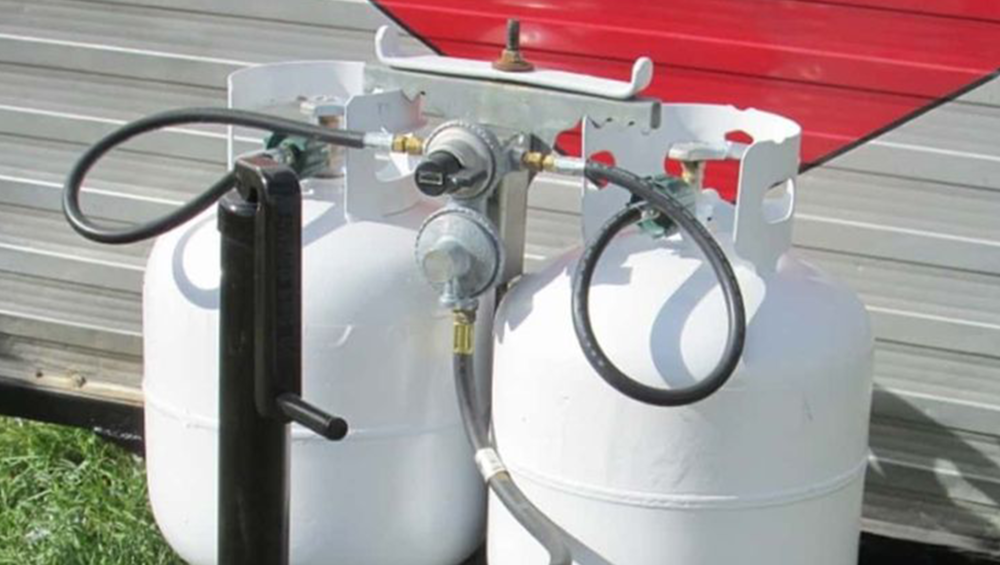

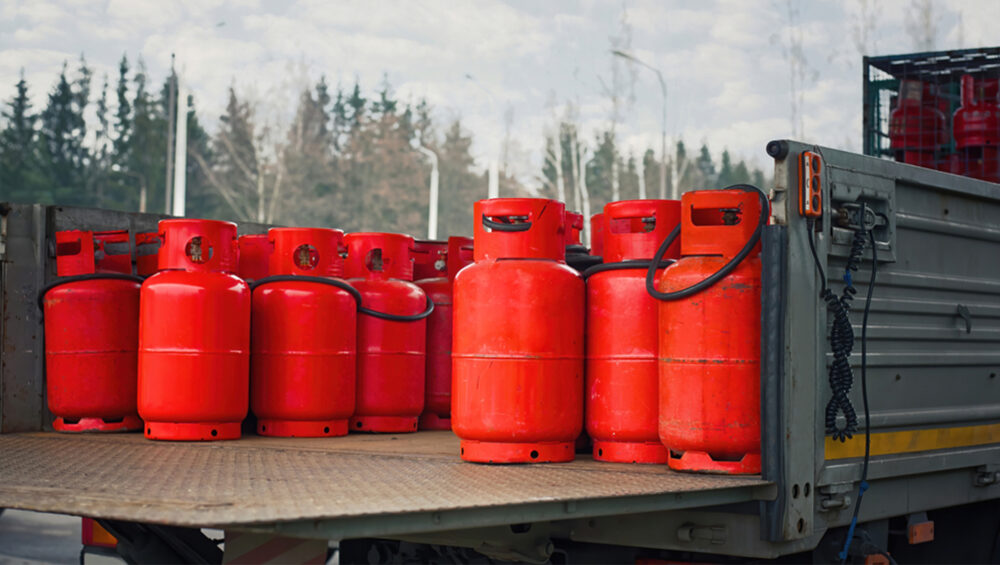
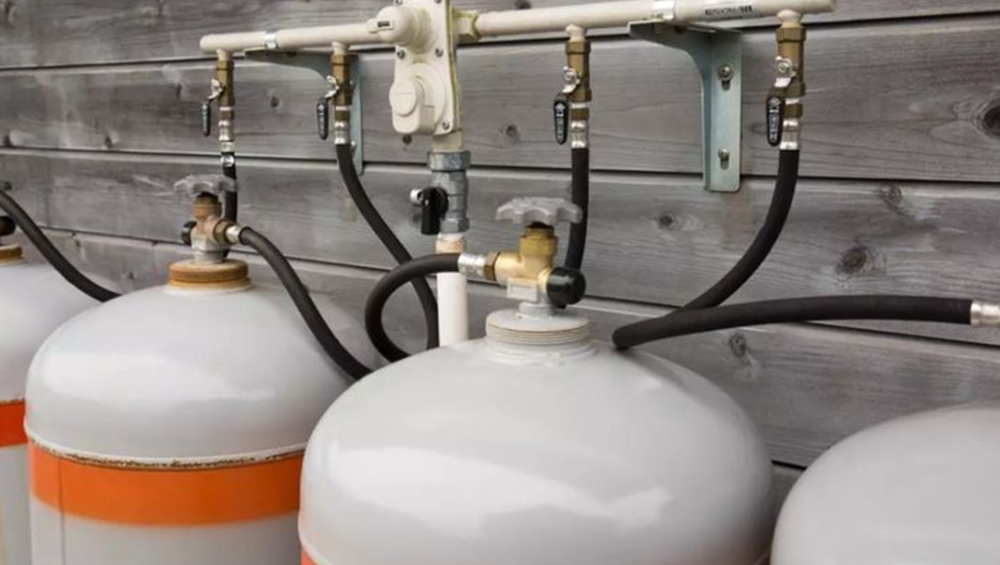
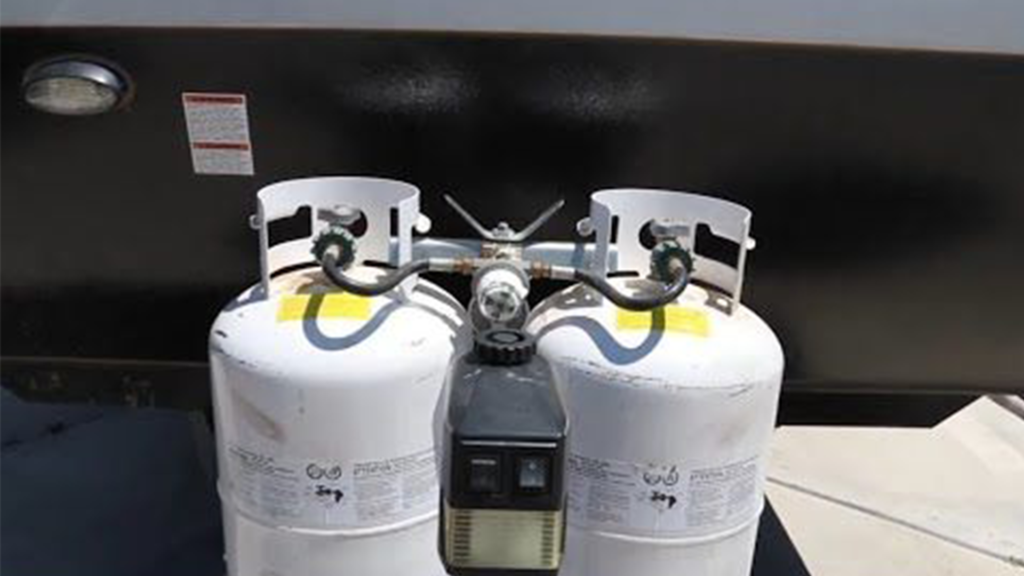
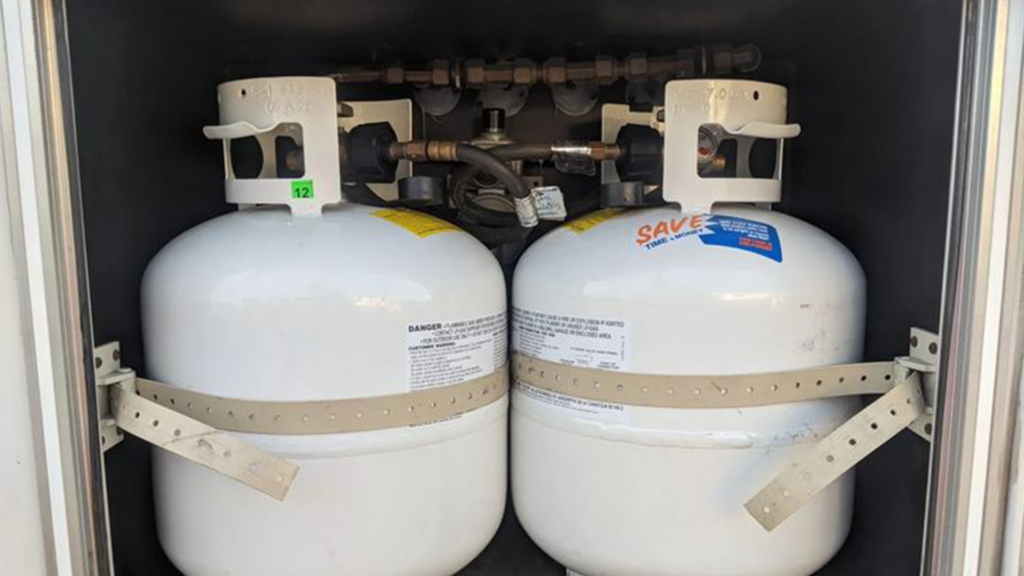
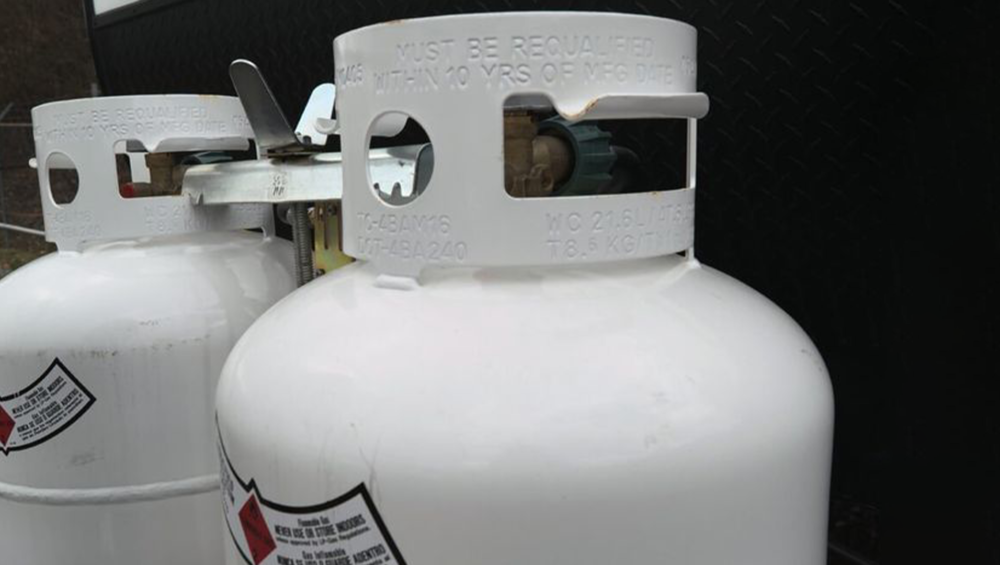
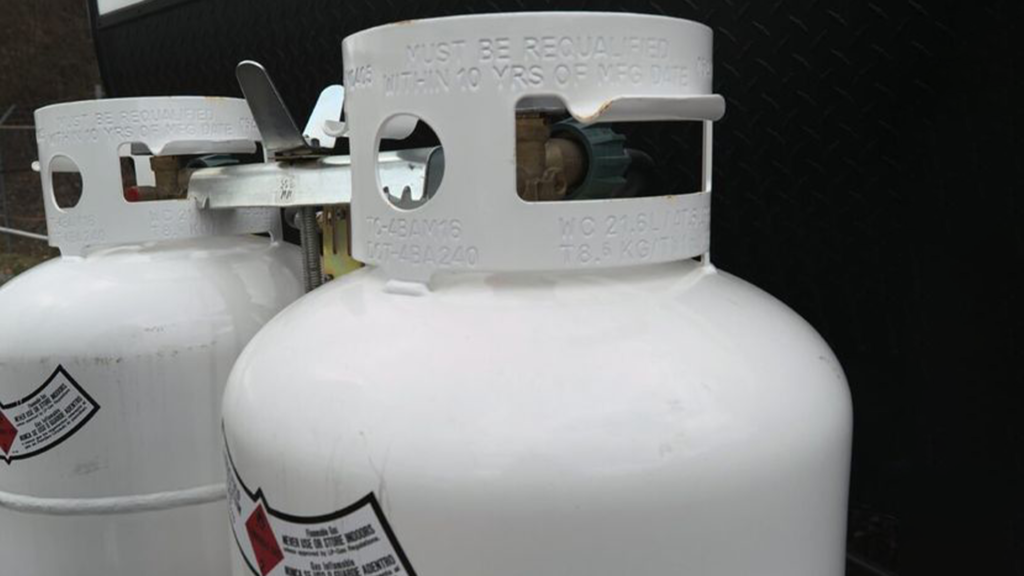
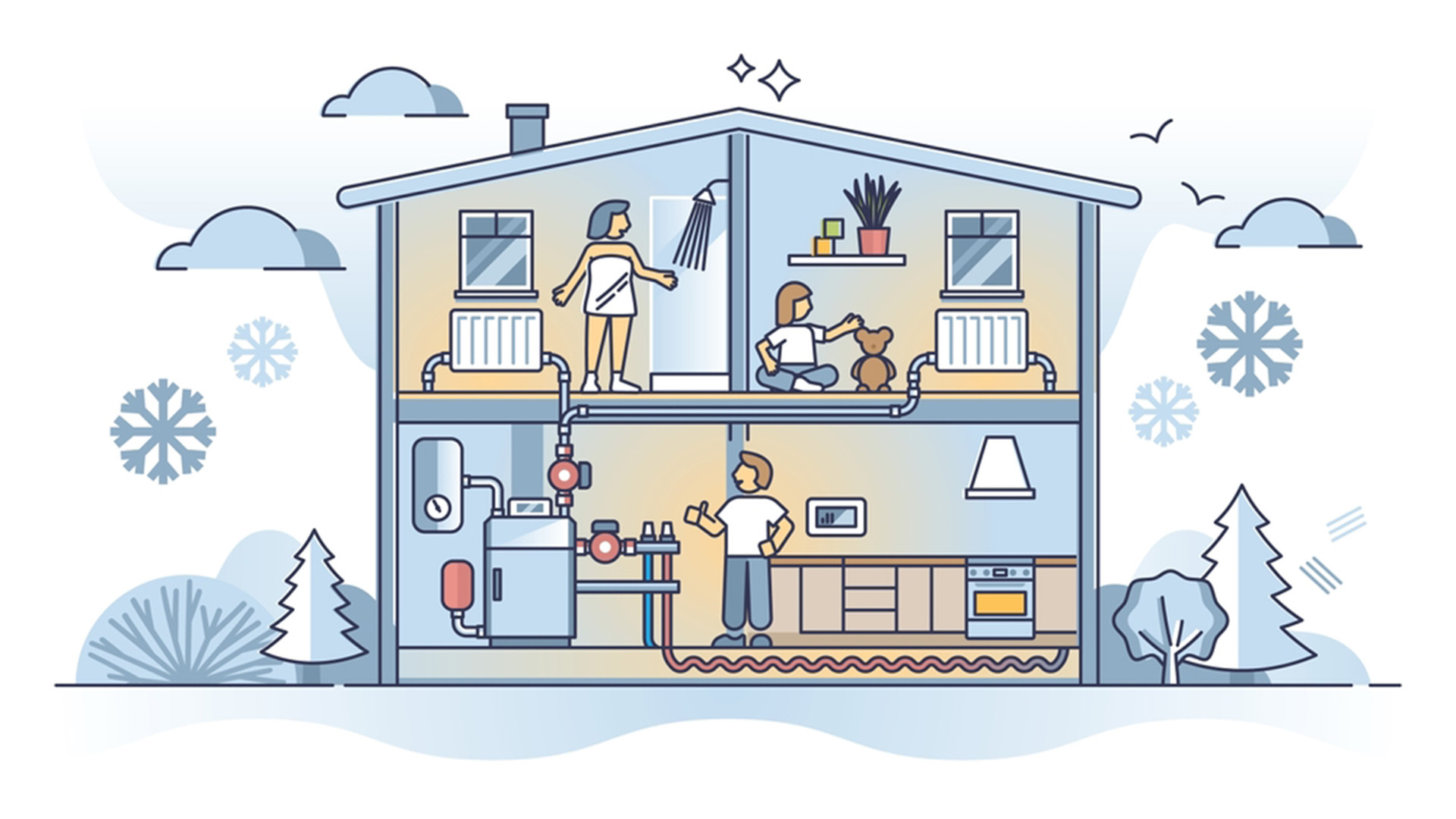 What Does Propane Smell Like?
What Does Propane Smell Like?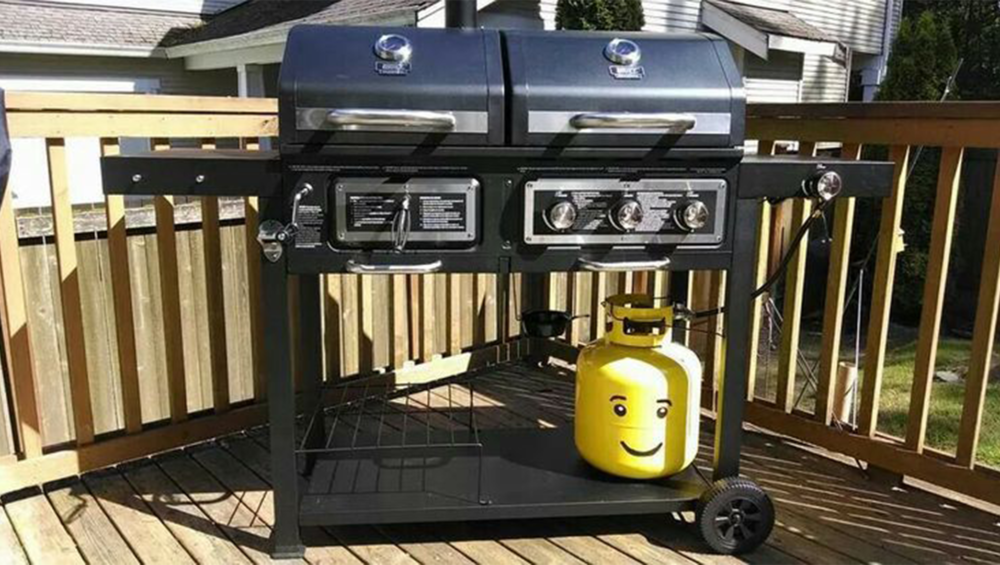
 Propane Gas as the Outdoor Adventurer’s Best Companion
Propane Gas as the Outdoor Adventurer’s Best Companion


